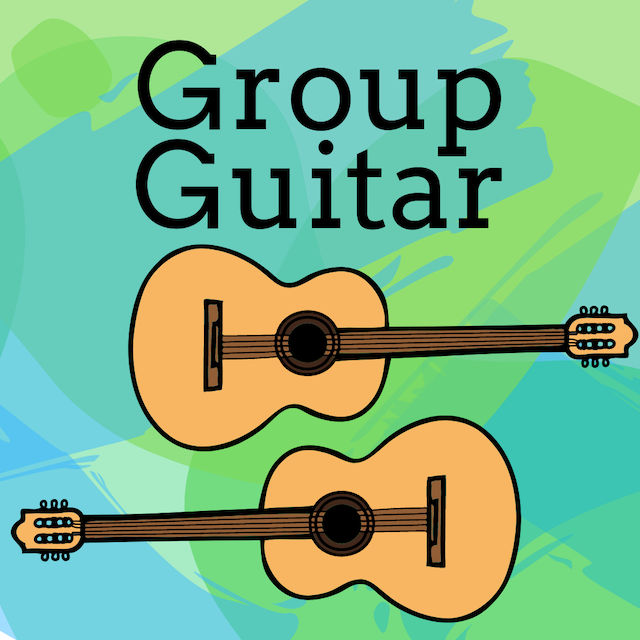Why we created this program.

Aren't private lessons better?
When I first encountered the idea of Group Music lessons, my first thoughts were “how could that possibly work? My private lessons are tailored for the individual student. How quickly they pick up concepts and master the physical skills required to play.
Researching how it can be done, and how it can be done well has been an eye opener.
Firstly – a questions to consider: what other activities do we start children off with private lessons?
- Dance classes? Nope.
- Martial arts? Nah.
- Football? Of course not.
Why do we think it’s necessary and better to learn an instrument in a one on one lesson? The word “private” itself has connotations of a premium service. Think “private dining room” or even “private yacht”.
But are private lessons actually the best way to learn?
~ Let’s look at this another way ~
What are the advantages of Group Lessons?
- Students inspire each other, and learn from each others questions
- Students experience ensemble playing (more on that below)
- Peer motivation helps learning
- Performing in class = enjoying performing from day 1
- Growth Mindset demonstrated
- Students thrive in a group setting
- It’s fun!
For some students, the teachers undivided attention for a full 30mins is too much, is draining, and makes them uncomfortable. Some students struggle to concentrate continuously for that amount of time, and actually need some “processing” time to digest what they’ve learnt. In a private lesson, there’s nowhere to hide. But in a group class, there’ll be times when the teacher is demonstrating or talking to the whole group, and individual students aren’t totally in the spotlight.
What makes Group Music work well?
Like many things, Group Music Lessons can be done well, or not so well. We use the KeyNotes which is built on a rock solid educational basis. Here are some of the features:
Differentiation
Every song has 3 or 4 challenges (difficulty levels) built into it. So someone doing their first ever lesson will have a simple version of the song they can play. Students who have been learning longer, and/or those who are developing skills faster, will have more challenging versions of the songs. This means:
- Everyone has something that’s a good fit for their skill level at that time.
- No one is bored, and
- No one feels they’re not keeping up.
Ensemble playing
Playing together as a group is great for a few reasons. One is the amazing feeling humans get from making music together, which goes back millennia.
Another is developing a great sense of time. Musicians use the term “time” to mean playing accurately to the basic pulse or beat of the music, without speeding up, slowing down or pausing.

